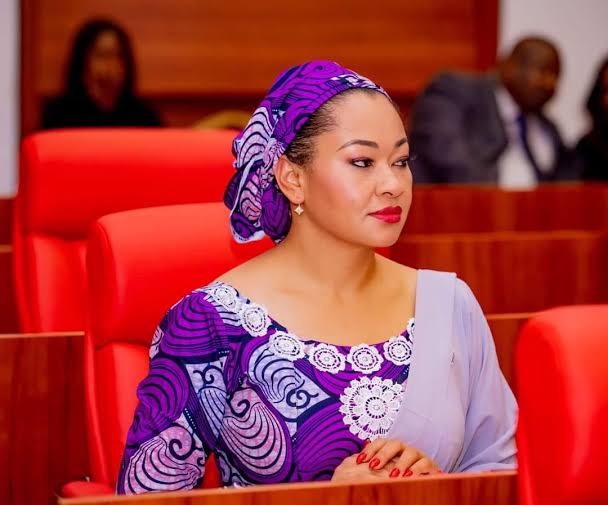One of my favorite feminist documentary series ever is called The Ascent of Woman which is available on Youtube.
Produced by the British Broadcasting Corporation and reported by Dr. Amanda Foreman, a British historian and writer, it is a series that documents the history of women and addresses the manner in which women have fought against inequality.
In the last episode of The Ascent of Woman, a South African female politician was profiled. Her name is Lindiwe Mazibuko and she was the first Black person to be elected as the leader of South Africa’s opposition party.
Elected in 2011 as the leader of the Democratic Alliance, Ms. Mazibuko explained in the documentary that women in representative politics pose a threat to the sexist status quo by just being in power.
She went on to speak about how women in South African politics often have to face derogatory comments about their hair, looks or even body size.
For her, the good thing is that by simply doing your job, you show other women that it is indeed possible for women to be at the helm of decision making affairs.
Now, Lindiwe Mazibuko may be South African, but it must be said that in most African countries, female politicians face the threat of violence and gendered electoral malpractice should they dare to run for office.
Not only that, it must be said that even when these women do get elected, they often are expected to still play along to sexist dictates such as saying that no matter how much political power they have, they are submissive to their husbands.
Two women in Nigeria illustrate the above points. The first woman is the late Mrs. Salome Acheju Abuh who was burnt to death shortly after the 2019 Kogi governorship elections. Mrs. Abuh was the women’s leader of the Kogi branch of the People’s Democratic Party. Her death is a gruesome reminder that women in politics face a threat to life in any capacity they serve.
In 2021, a high court in Idah, Kogi convicted a Mr. Ocholi Edicha to twelve years in prison for his involvement in her murder.
The second woman that emerged triumphant in the struggles to get into power is Senator Natasha Akpoti. She is the first elected female senator in Kogi State. However, her rise to senator did not come easy. For one, the sitting governor of Kogi state, Yahaya Bello allegedly ruined the roads leading to her hometown in order to make it difficult for people to vote.
Although he gave a congratulatory message on her installment as senator, she rejected it saying that he attempted to kill her. It must also be said that Senator Akpoti had to go to court to defend her February electoral results and she emerged victorious.
We must also remember that prior to running for senator, Senator Akpoti had tried running for Kogi governor in 2019. She was the only female candidate and BBC Pidgin reported that she had her secretariat burnt, was beaten up and called a slut.
She is not the only Nigerian female politician who had their wins debunked initially. One other woman is Senator Ireti Kingibe who is from the Labour Party and represents the Federal Capital Territory. She too had to go to court and emerged victorious. What makes Senator Kingibe special, is that she unsat the FCT Senator who had been in power for over ten years.
But why does any of this happen? Why do women experience immense threats when they seek to gain power and not merely be on the sidelines sharing rice for male politicians during election seasons? Why is it that women in power even outside of elections are seen as such abhorrent occurrences?
How can we ever have a healthy society if female bosses expect to hear a junior male colleague tell them that he ‘has their type at home’? How can we make progress for the needs of women if female politicians have their every move policed and are severely underfunded?
Speaking with Kintan, a writer and political educator, she explains that female politicians are held to a higher level of morality due to sexism.
In her words: “Female Politicians are held to a higher standard of morality because people expect that every woman is expected to act right. Thus, women should be the ones not making mistakes, not doing bad things that men do because if women want power, they should come correct and come perfect.”
Kintan went on to say: “Forgetting that in the fight for equality, we just want to be given the same space as men, to do right and also make mistakes as the men that have been politicians have been doing since time immemorial.”
The reality is that if women do not see ourselves represented in the decision making body of any society, our needs will not only go ignored, but women in leadership positions will always be seen as an anomaly that must be controlled.
It is therefore imperative that women who center women’s issues in politics are encouraged and given the ability and funding necessary to make women’s lives easier.

Angel Nduka-Nwosu is a writer, journalist and editor. She moonlights occasionally as a podcaster on As Angel Was Sayin’. Catch her on all socials @asangelwassayin.

